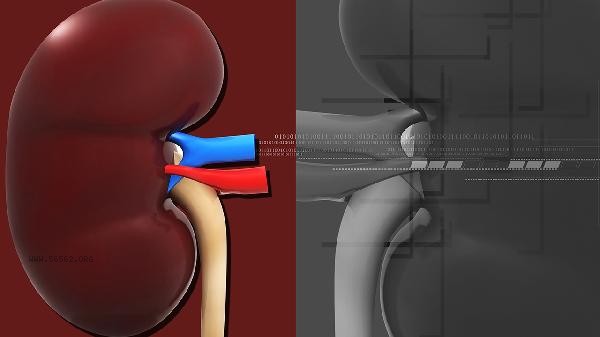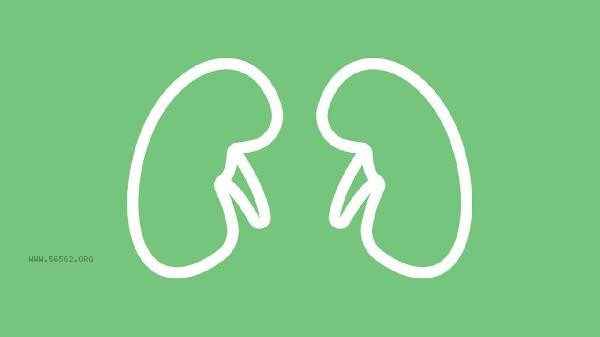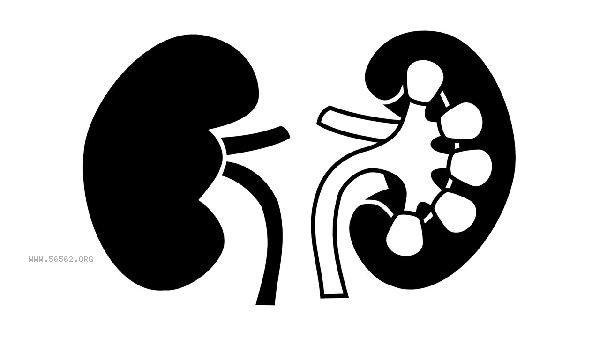A creatinine level exceeding 133 μ mol/L for males or 124 μ mol/L for females during the physical examination of civil servants is usually considered abnormal. Elevated creatinine is mainly related to factors such as renal dysfunction, vigorous exercise, high protein diet, medication effects, dehydration, etc.

1. Renal dysfunction:
Chronic kidney disease, acute kidney injury, and other diseases can lead to a decrease in glomerular filtration rate and obstruction of creatinine excretion. This type of situation requires further examination in combination with urine routine and renal ultrasound, and if necessary, intervention and treatment in nephrology are necessary.
2. Effects of intense exercise:
Engaging in high-intensity anaerobic exercise within 48 hours before a physical examination may cause a surge in muscle metabolites, leading to a transient increase in creatinine. It is recommended to take moderate rest before the physical examination to avoid interfering with the test results. 3. High protein diet: Long term and large intake of meat, protein powder, etc. can increase creatinine production. Three days before the physical examination, the dietary structure should be adjusted, the proportion of vegetables and fruits should be increased, and the intake of red meat should be reduced.
4. Drug factors:

Some antibiotics such as gentamicin and nonsteroidal anti-inflammatory drugs such as ibuprofen may cause renal tubular injury. Before the physical examination, it is necessary to inform the doctor of the medication history and suspend nephrotoxic drugs if necessary. 5. Dehydration status: Insufficient water intake or excessive sweating can lead to blood concentration and a false increase in creatinine levels. Before the physical examination, it is necessary to maintain a daily water intake of 1500-2000ml to avoid dehydration during fasting blood draws in the morning. When high creatinine is found during a physical examination for civil servants, it is recommended to have a follow-up check every week and investigate reversible factors. Daily blood pressure and blood sugar should be controlled, salt intake should be restricted, and the abuse of painkillers should be avoided. Moderate aerobic exercise such as brisk walking and swimming can improve renal blood flow, and regular monitoring of urinary microalbumin can help detect kidney injury early. If there are persistent abnormalities or accompanied by symptoms such as edema and decreased urine output during re examination, it is necessary to seek timely medical attention from a specialist in nephrology.










Comments (0)
Leave a Comment
No comments yet
Be the first to share your thoughts!